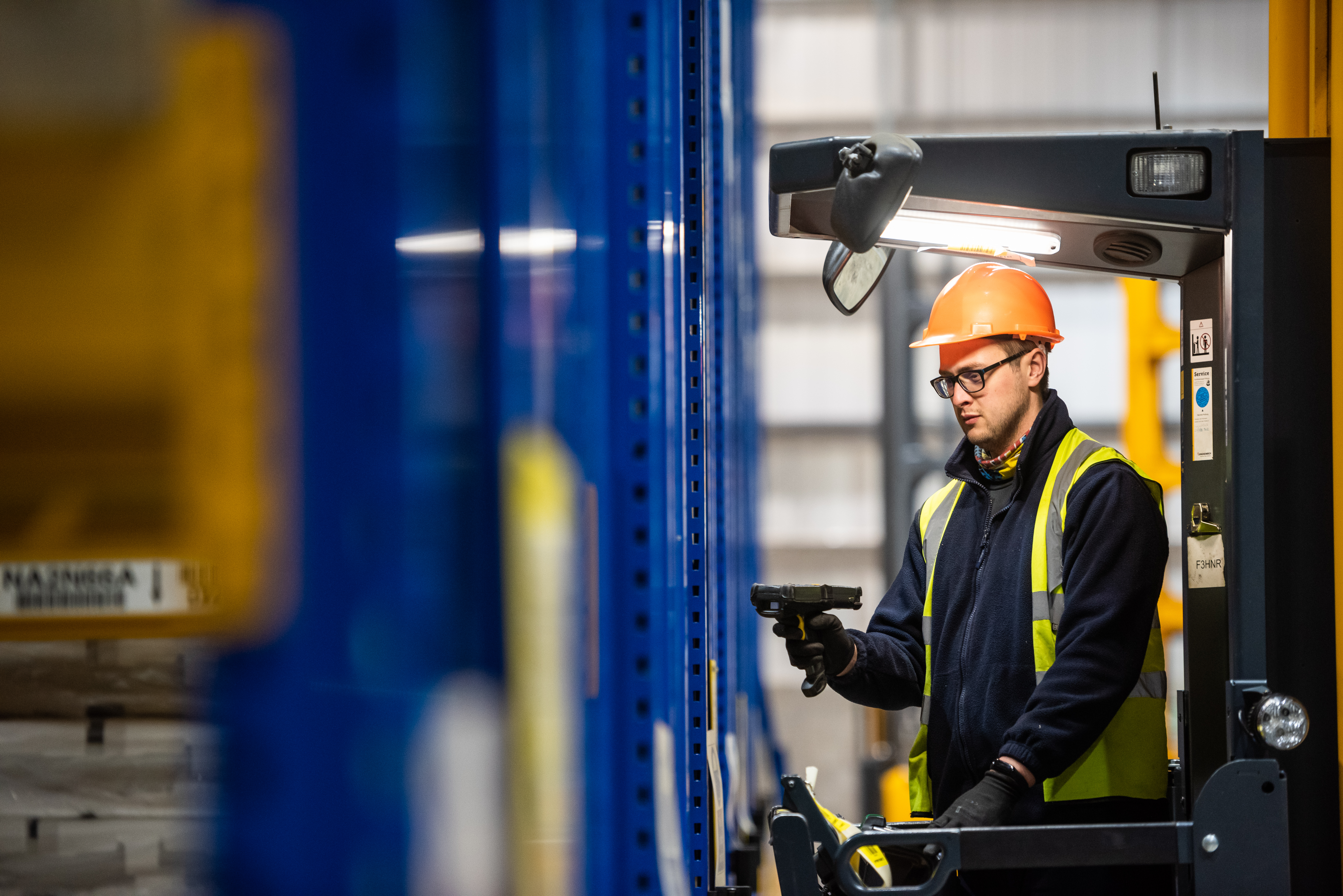
Investing in supply chain ‘problem solvers’ in a disrupted world
Categories
Duncan Kendal, Chief Supply Chain Officer, Wolseley Group
Conventions in UK supply chains had not fundamentally changed for many years.
But the Coronavirus pandemic was a sharp shock that has led us to rethink supply management. Being an essential supplier that kept vital services going across the UK during the pandemic put enormous strains on Wolseley’s own supply operations, but we also learned valuable lessons about how we can optimise our approach, as well as how we can be more intelligent and responsive.
It’s not about our information systems, supplier management or distribution processes though; for us, first and foremost, our ability to enhance supply chain resilience is down to our people. Our team and culture have become the biggest priority.
I can’t sum this up better than saying that our supply chain is now run by people who have a problem-solving mentality. We are looking for different skills and aptitudes in the people we hire now, particularly in our distribution centres. Facilities like these in our sector have sometimes been the domain of the hard taskmaster, but our priority now is people who can lead teams rather than just manage delivery. People who understand what it takes to work with other people to overcome the range of challenges that come our way every day. Having greater empathy for each other and more of a team-wide understanding doesn’t just make for an improved culture across our supply chain personnel; it makes us perform better.
The Coronavirus lockdowns created enormous challenges for our sector, and we learned several important lessons over the course of them, including that the tendency to ‘throw people at problems’ was not necessarily the best way to overcome them. Today, we’re working towards 9 in 10 of our team being permanent staff, and while there will always be a need for flexible resources, we’ve found that our productivity and problem-solving are best when a team of people who know each other and work with each other closely come to the fore.
Wolseley is not a seasonal business in the way that many retailers are. The greatest uplift in overall demand that we may see from month to month is around 20 per cent, so we broadly know what we have to deal with, and have a firm bedrock from which to tackle unforeseen problems and sudden surges in short-notice customer demand.
The drive to staff our teams with primarily permanent employees is an investment that has also impacted our health and safety record, which is even better than it was pre-pandemic and has resulted in all three of our distribution centres going without a lost time accident during our last financial year. In fact, our Measham site has just gone over three years without a single lost time accident.
The shock of the pandemic, and the adjustments that we had to make in order to remain open for business as a critical British supplier, also brought some other aspects of how our people do their jobs into sharp focus. Having to socially distance at all times and having to work in such an ‘artificial’ way in many aspects illustrated how important a team culture is in our supply chain operations. And we have invested both time and money into building that culture and making people feel a strong part of Wolseley from the moment they walk in the door.
We have overhauled our welcome pack information for new joiners to help them better understand our business and their places in it. And at our distribution centres, our senior team spend most of their time out on the floor with colleagues who are picking, packing, loading and co-ordinating for our customers. And we’ve done more to ensure clear, relevant communication across our team, such as sharing information on how our supply chain is performing in the context of our overall business, and softer skills that help cross-functional colleagues to better appreciate their individual roles and responsibilities.
All this is making a difference. Beyond the improved productivity and safety record, we have very low turnover across our team, some of whom have been with us for more than 20 years. We’re fully conscious of making this a fair, equal and transparent environment in which people who perform well are rewarded, and to promote the spirit of a meritocracy.
There is another benefit beyond the day-to-day though. Across our supply chain, we are now able to see further into the future, having brokered closer relationships with our suppliers to understand their challenges. Just another example of us using those soft skills to collaborate over the outcomes that we all want rather than barking at people to get things done.
At a time when so much in the world around us has been disrupted and we face so much uncertainty, supply chains across Britain have been more under the microscope than they’ve ever been. But in our case, our resilience is now chiefly about our people, and they put us in a strong position.
